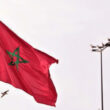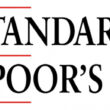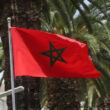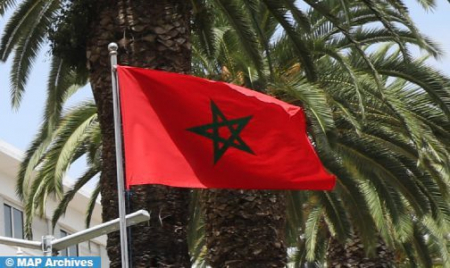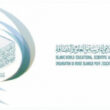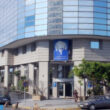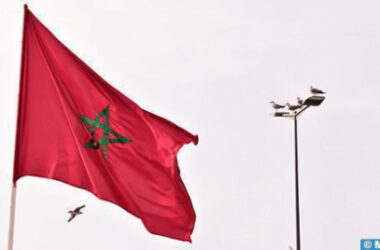In an editorial published in the Friday issue of the Arabic-speaking daily ”Al Ittihad Al Ichtiraki” under the title ”The keys to the success of the Global Forum of Civilizations”, Jmahri notes that the former Spanish top diplomat and High Representative of the UN Alliance of Civilizations, Miguel Angel Moratinos, as well as the Secretary-General of the United Nations, Antonio Gueterres, have well understood that this royal message is much more than a roadmap and that it is even more profound than an agenda for managing a period between two editions of the Forum, but represents indeed the quintessence of a History written in all the languages of humanity and its soul that manifests itself on different levels.
He adds that Angel Moratinos called for a careful reading of the Royal message addressed to the participants, before noting that in his speech, the UN official did not use a well-coded diplomatic language, expressing himself rather by conviction as all participants in this Forum.
“Through the speeches of the delegations present at the Forum and the content of the royal message, it is clear that everyone is aware of the fact that the Kingdom of Morocco puts the quintessence of its civilization in the service of an alliance of civilizations, even if it comes in a context of upheaval of the world order and one of the most critical periods in the history of humanity,” he writes.
He says by stressing that “the permanent commitment of HM the King to the promotion of the values of openness, tolerance, dialogue and respect for differences,” is the first key to the success of this Forum as was unanimously emphasized by all, indicating that the Declaration of Fez that crowned the work of this global event represents an important turning point compared to previous editions.”
He explains, in this regard, that this importance lies in the definition of goals and priorities and also in the soul breathed into the working document, in an international situation marked by tensions, confrontations and war.
The editorialist believes that the statements of the High Representative of the Alliance of Civilizations of the United Nations are a model of reference, especially that Morocco is known and recognized as a universal reference in terms of tolerance and building bridges between religions and is positioned as a crossroads of cultural sensitivities of all humanity.
While evoking “the Moroccan genius that has shaped our collective soul” and that has aroused wonder throughout the ages, he noted that the participants in the Forum were sensitive and grateful for the civilizational contribution of the Kingdom by drawing inspiration from the royal message in the development of the Fez Declaration.
As for the second key to the success of this Forum, he attributes it to the “unprecedented” importance of the participation on the quantitative and qualitative levels, before adding that the organization of this Forum in an African country with a remarkable participation of African officials as well as representatives of civil society and youth, has allowed this Alliance of Civilizations to live a unique moment in Morocco and receive new blood thanks to a young and warm Africa.
He said that the Moroccan participation will not stop there and will not be satisfied with this resounding success of the Forum of Fez. Better yet, Morocco will continue its African commitment to the implementation of the recommendations of the Fez Declaration, building on its strong presence in Africa.
Concerning the third aspect of the success of this Forum, it lies, according to him, in the emulation that this global meeting of Fez has aroused in many countries, which have expressed their desire to host one of the next editions, among others, Equatorial Guinea and Portugal, which means that the next two years will not be a break in the action of this Alliance of Civilizations.
While highlighting the remarkable presence of youth and women as well as the impeccable organization of this Forum, also key to its success, the editorialist draws attention, however, to the differences and tensions between some states in the world. Hence, for him, the role of this Alliance in promoting dialogue between the warring parties.
As for the fourth key to the success of the Fez Forum, it concerns, in his eyes, the revision of the funds allocated to this Alliance, a proposal suggested and advocated at the highest level, first by the UN Secretary-General, Antonio Guterres, and then taken up by the Minister of Foreign Affairs, African Cooperation and Moroccan Expatriates, Nasser Bourita, and the High Representative of the United Nations Alliance of Civilizations, Miguel Angel Moratinos.


